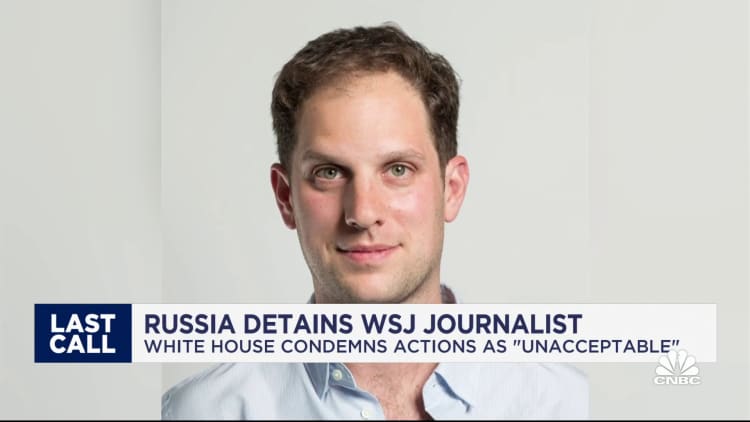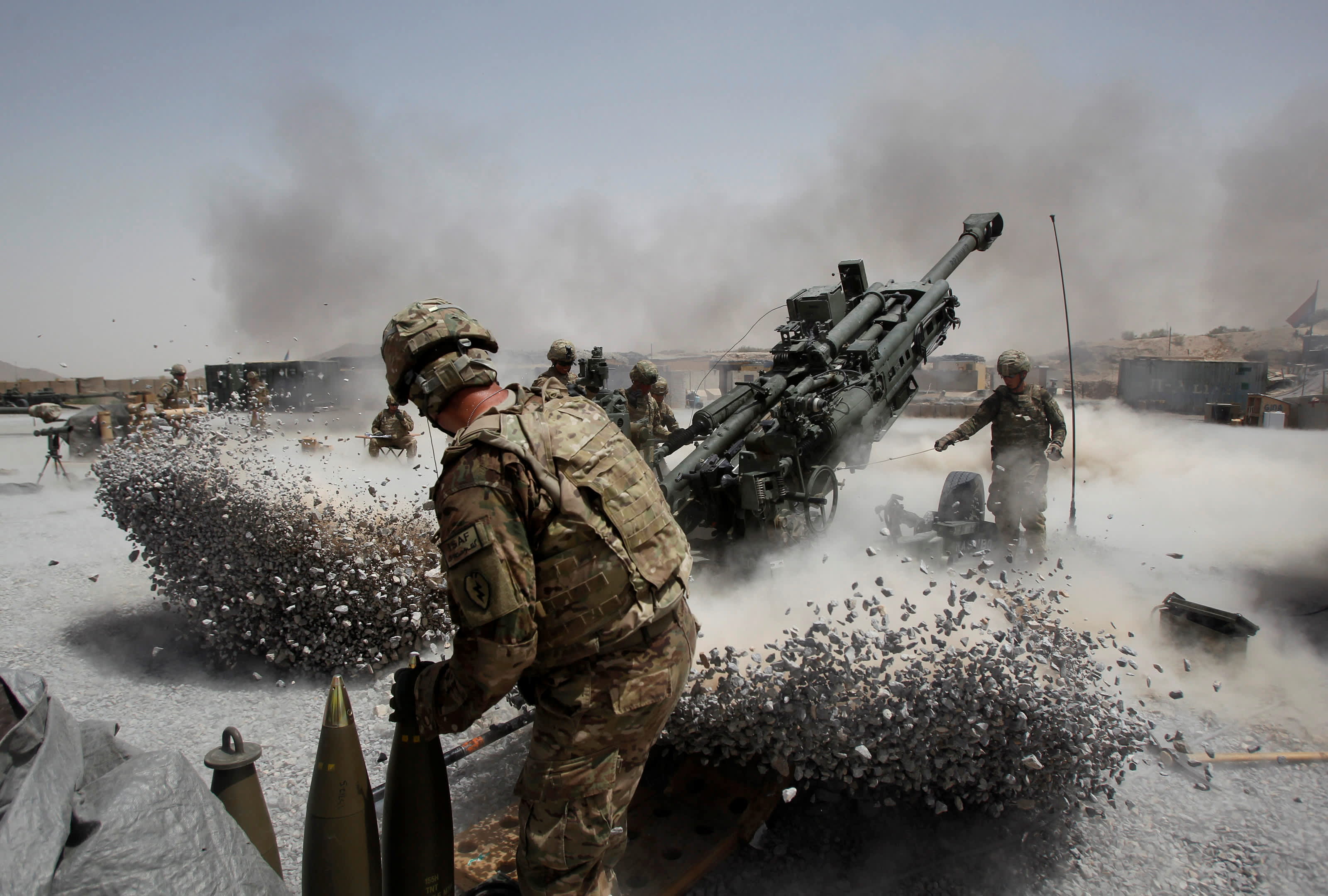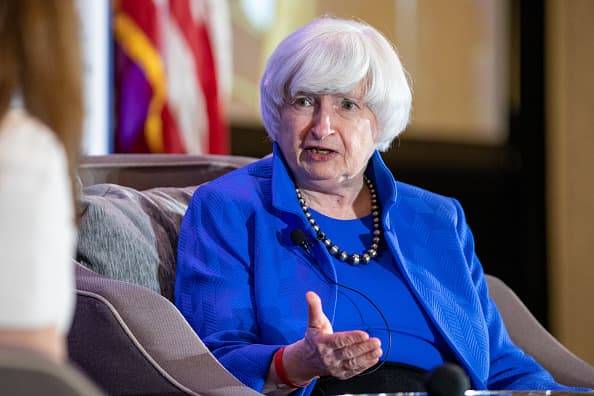'A bad joke': Russia takes the reins of the UN Security Council, to Ukrainian outcry
Russia on Saturday assumed the presidency of the United Nations Security Council, even as its own invasion of Ukraine continues to escalate.

Russian Ambassador to the U.N. Vasily Nebenzya speaks during an emergency meeting of the United Nations Security Council, amid Russia's invasion of Ukraine, at the United Nations Headquarters in New York City, New York, U.S., May 13, 2022.
David Dee Delgado | Reuters
Russia assumed the presidency of the United Nations Security Council over the weekend, even as its own invasion of Ukraine continues to escalate.
The last time Moscow presided over the body tasked with the "maintenance of international peace and security" was February 2022, the month it invaded Ukraine.
Russian ambassador to the U.N., Vasily Nebenzya, will once again take over the rotating presidency for the month of April, a situation Ukrainian Foreign Minister Dmytro Kuleba on Thursday called "a bad joke."
"Frankly speaking, you cannot imagine a worse joke for April Fools' Day. The country that systematically violated all fundamental rules of international security is presiding over a body whose only mission is to protect international security," Kuleba told a Chatham House event via video link from Kyiv.
"I don't think Russia will be able to change the balance inside the Security Council during its presidency. It will try to abuse its rights of the presidency to push for its own narratives, but I doubt they will be able to secure the sufficient number of votes to make the council adopt decisions on matters related specifically to Ukraine."
The Russian Federation inherited its seat as one of the five permanent members of the Security Council from the USSR in 1992 with unanimous support, and therefore holds a veto power over its recommendations.

The presidency rotates each month among 15 members, with the other five permanent members being China, France, the U.K. and the U.S. along with 10 non-permanent members elected to two-year terms by the U.N. General Assembly.
The five permanent members have veto power, meaning all five must affirm any resolution for a vote to pass. When Russia invaded Ukraine in February 2022, Moscow vetoed a resolution aimed at halting the war, while China, India and the UAE abstained.
This means that the presidency will not result in the passage of any pro-Russian affirmations, and the role is largely seen as procedural, but Moscow will be able to set the agenda for debates over the next month, and is expected to use it to advance pro-Russian narratives.
A 'systemic blow'
Ukrainian officials and a number of international observers and Members of the European Parliament (MEPs) have called for Russia to be removed from its membership, and in recent weeks called on Western permanent members to veto the presidency.
However, the U.S. claimed it was bound by the U.N. charter, which does not permit the expulsion of a permanent member.
"Unfortunately, Russia is a permanent member of the Security Council and no feasible international legal pathway exists to change that reality," White House Press Secretary Karine Jean-Pierre told a briefing in Washington last week.
However, the presidency being held by a country whose president is currently subject to an arrest warrant by the International Criminal Court for alleged war crimes has raised serious questions about its purpose.
Moscow's ambassador Nebenzya told Russia's TASS news agency recently that he intends to oversee several debates, including a discussion of a "new world order" that he claimed will "replace the unipolar one," a frequent reference among Russia and its allies to the toppling of long-established U.S. hegemony.
"This Presidency is a stark reminder that something is wrong with the way international security is functioning if a country which has illegitimately acquired the seat of a permanent member of the UN Security Council is presiding over a body while conducting a large scale act of aggression against another sovereign member and another founding member of the United Nations," Kuleba said.
"The best we can do is to take these months to actually highlight the problems that exist in multilateralism and the problems that Russia is exploiting for its own benefit."
His outrage was echoed on Saturday by Ukrainian President Volodymyr Zelenskyy, who said of Russia's ascent to the chair that "it is hard to imagine something more evident that proves the complete bankruptcy of such institutions."
Zelenskyy's Chief of Staff Andriy Yermak wrote on Twitter over the weekend that the situation was "another symbolic blow to the rules-based system of international relations."

 BigThink
BigThink 































